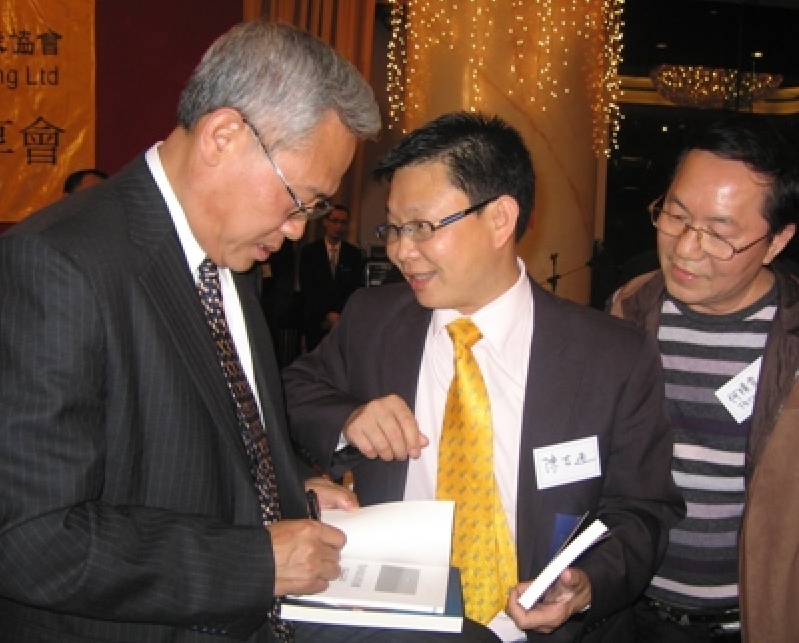
[Hong Kong] While millions of people are awaiting the Beijing Olympics to be held in August this year, religious freedom and opportunities to share the gospel has quickly become the center of all discussions within the worldwide Christian community.
The Gospel Herald wishes to share the opinions of the overseas Chinese Christian leaders towards the Olympics, so a series of interview was conducted with Chinese Christian leaders and fellow Christian brothers and sisters abroad.
The first interviewee who we got in contact with was Mr. Yuan Zhiming, president of the China Soul Association based in Pateluma, San Francisco.
Q: Beijing Olympics has stirred much negative reports from overseas media on the issue of religious freedom in China. How do you look at the situation of China’s religious freedom?
Yuan: China has been looser in its religious tolerance than ever before, but it still falls behind judging from an international standard. The national situation in China is that they still lack the understanding of Christianity and there is still this fear. Just as how China was especially cautious towards western capitalism because she didn’t understand its principles and thought that it was some kind of monster; however, after learning its principles, China’s market economy greatly developed.
Christianity shares the same trend. Many politicians in China still do not understand Christianity, let alone its principles, but they thought that it is some kind of monster. Yet, it isn’t like this.
The core principles of Christianity consist of at least two points. The first is spiritual, which is “Give to Caesar what is Caesar’s, Give to God what is God’s.” Whatever belongs to the government, country, society should be given, and whatever is spiritual belongs to God so it should be given to God. The second principle is the ecumenicalism of Christianity, which is cross-cultural and cross-national.
China still does not understand too well about these two principles, but they believe that faith directly concerns the problem of state affairs; however, faith is the relationship between God and man. It is internal, not external. There are outward expressions but rooted upon spirituality. The second is its international characteristics. Although a missionary can be from another country, you shouldn’t just disconnect their contact with China.
If China can get to know the principles of Christianity and apply these principles, then Christianity will bring a greater contribution than what market economy has brought to China. Since market economy has allowed China’s economy to develop, Christianity if applied well can allow the spirit of China to shine greatly.
Q: Regarding the opportunities to share the gospel during the Beijing Olympics, do you share the similar hopes as so many others? Are you also deciding to prepare or participate?
Yuan: Olympics will pass by us just like the wind. It will not have that much influence of affect as people are expecting.
China is still China. The reality is still the reality. The key is that there is an inner need of China, and that is that people’s spirit needs to be raised and elevated, or else China is a mess, especially in the aspect of morality. This is the most important motivation to propagate for change in China. China has already experienced with Confucianism and Buddhism, but they did not bring much effect after 2,000 years. Is it that China should wait until all its national treasures are used up and then try Christianity?
[To be cont’d]
{Editor's note: reporter Carol Yu in Hong Kong has contributed to this report.]







